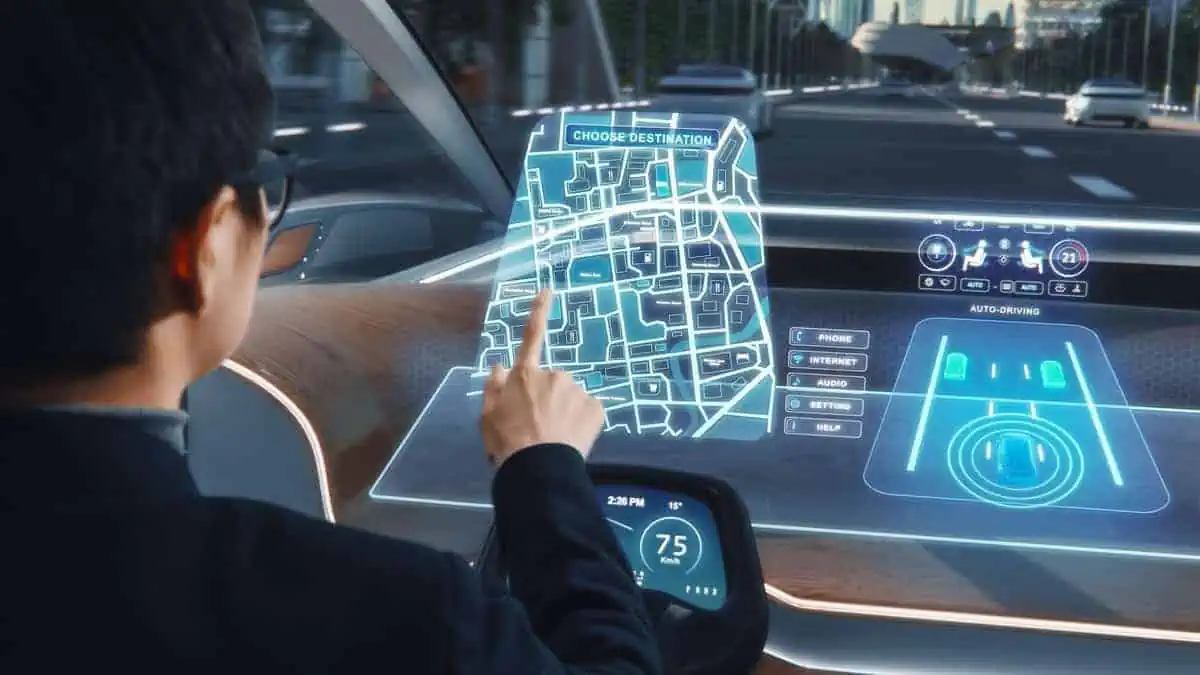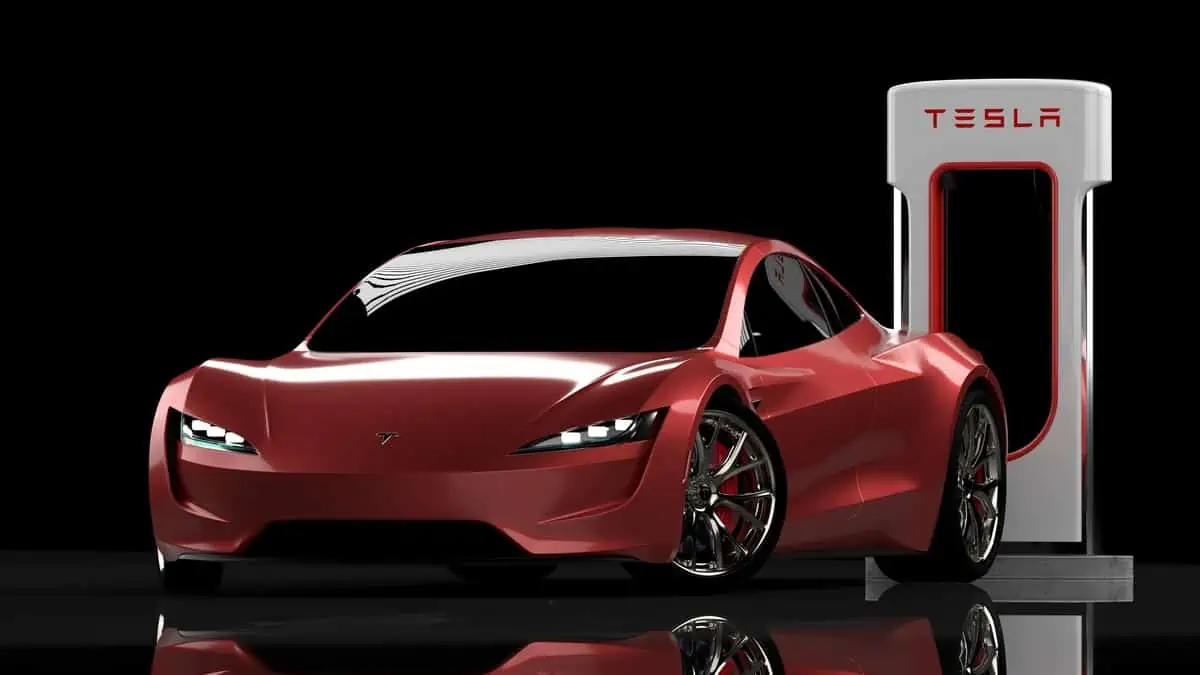Japanese legacy automaker Toyota has discovered a new approach to promote its electric vehicle in the world’s largest automotive market – China. Autonomous vehicle technology developer Pony.ai just announced yesterday the formal signing of a new joint venture with Toyota Motor Investment and GAC Toyota Motor to mass produce L4 autonomous vehicles in China.
About the joint venture
Toyota and Pony.ai aim to launch the said new joint venture as early as this year, worth more than RMB 1 billion ($139.2M) investment.
GAC Toyota Motor, a Chinese JV between GAC Group and Toyota, committed to supplying Pony.ai with EVs from the Japanese automaker.
Meanwhile, Pony.ai will equip the Toyota EVs with its autonomous driving technology under its robotaxi network – PonyPilot+.
The primary purpose of the JV is to “advance the future mass production” and wide deployment of L4 autonomous vehicles in the country.
“The joint venture combines Pony.ai’s world-class autonomous driving technology and robotaxi operations experience, Toyota’s highly regarded vehicle technologies, and GTMC’s advanced production experience. It will provide the capacity for scaled-up robotaxi services, encourage the full commercialization of advanced autonomous mobility, and drive the development of the entire industry into a new stage.”
Pony.ai
In hindsight, the two major players in the automotive industry initially pursued the advancement of autonomous vehicles in China in August 2019. In fact, Pony.ai has now deployed approximately 200 Toyota and Lexus robotaxis throughout the country’s tier 1 cities.
It must also be noted that Pony.ai was the first firm of its kind to secure the necessary license from Chinese officials last April. Its service has already recorded almost 15 million miles of autonomous driving.
Why is this necessary?
The new joint venture was signed following Toyota’s poor performance in the Chinese automotive market amid its shift to electric vehicles.
In response, Toyota recently disclosed plans to boost its domestic launch of technology and software in the country to have competitive offerings in the local market.
The newly developed strategy involves improving the design and production of smart cockpits by incorporating contemporary interior layouts and built-in AI features. It is unsurprising as these technologies are among the top preferences of Chinese customers.
See Also:
- Pony.ai introduces its unmanned robotaxi service in Shenzhen after Guangzhou
- Toyota lays off employees in China as it struggles to compete in the country’s EV industry
- Top car brands in China in May 2023 – BYD first, VW second, Toyota third
- Toyota to launch aggressive EV push in China
- Toyota bZ3 all-electric sedan launched in China
Toyota’s move to mass produce electric robotaxis in the Chinese EV market with the aid of its partner will undoubtedly boost its efforts to attract more Chinese customers and expand its presence there. Hopefully, the domestic market will finally open up to Japanese automakers like Toyota with this improved strategy.






